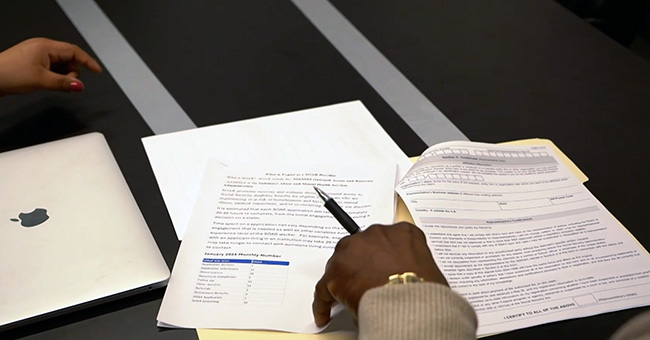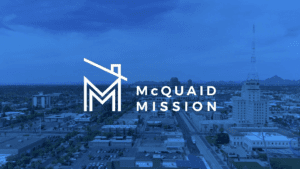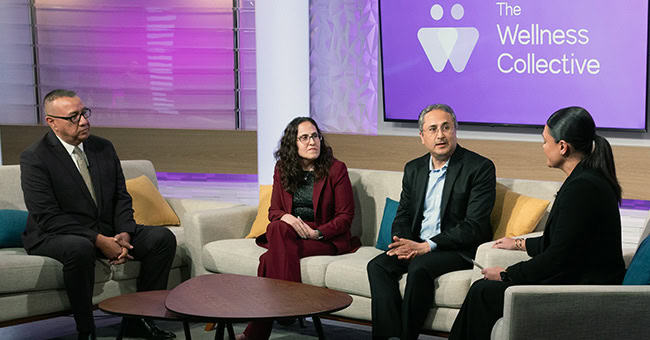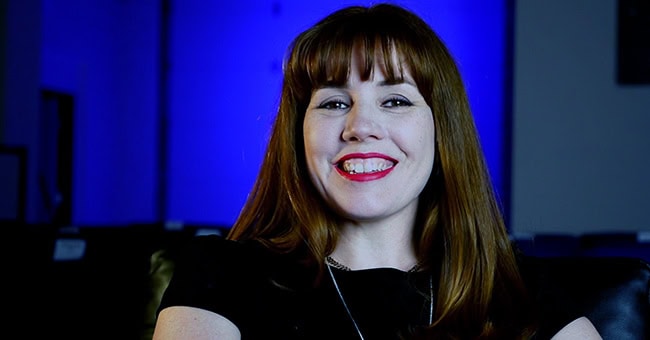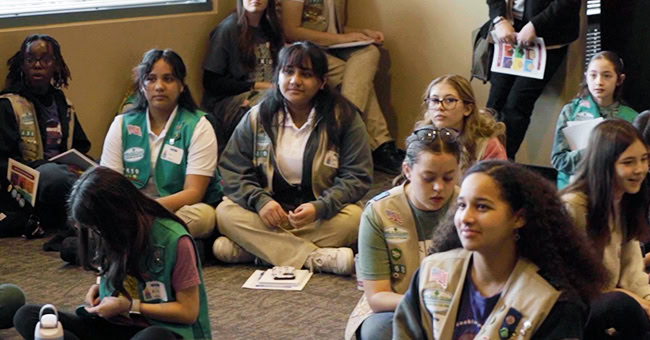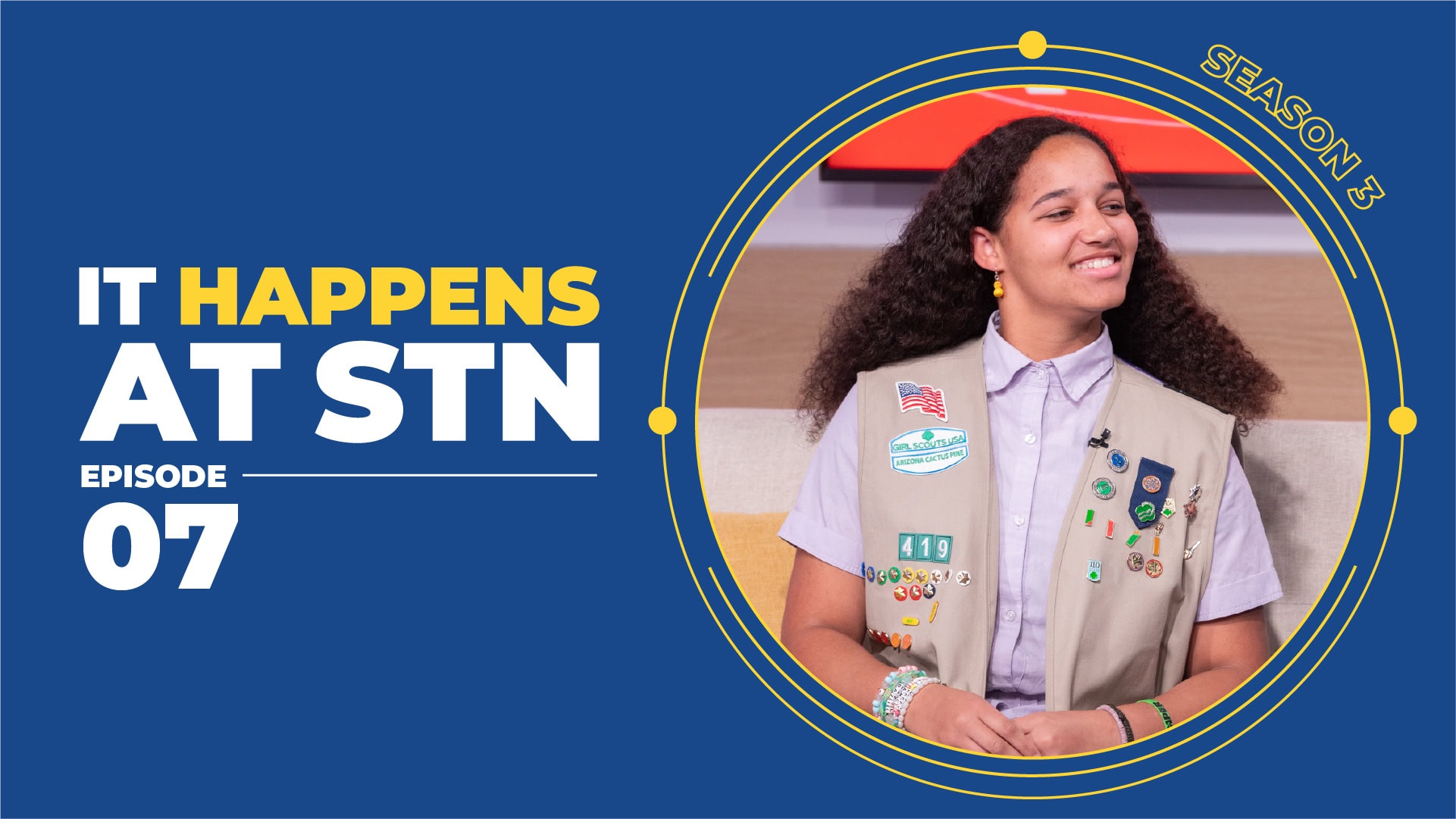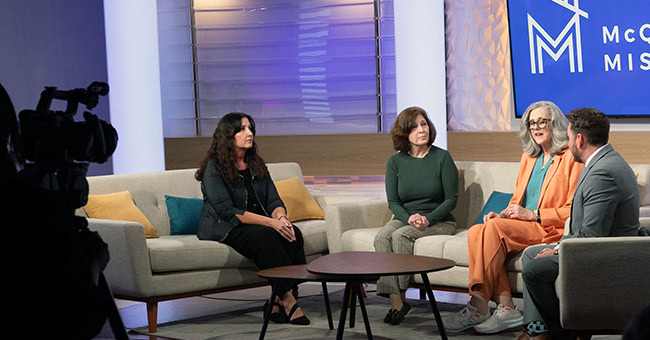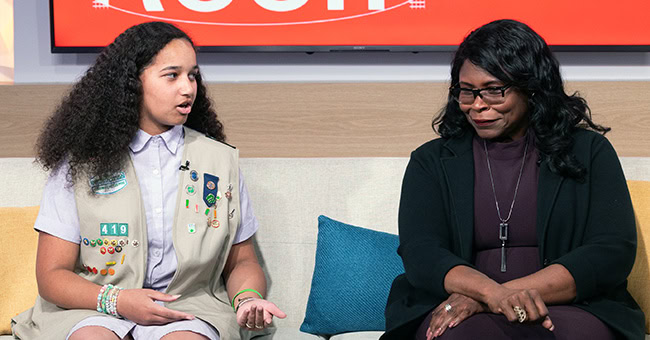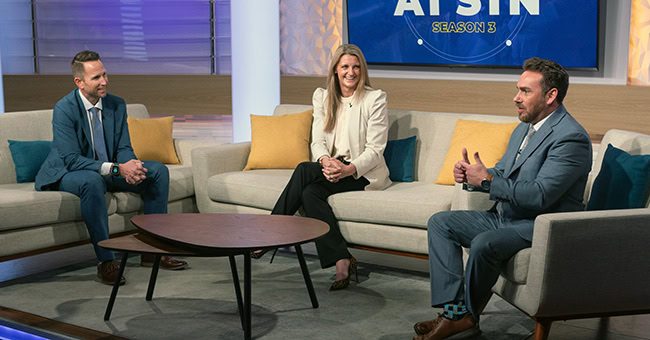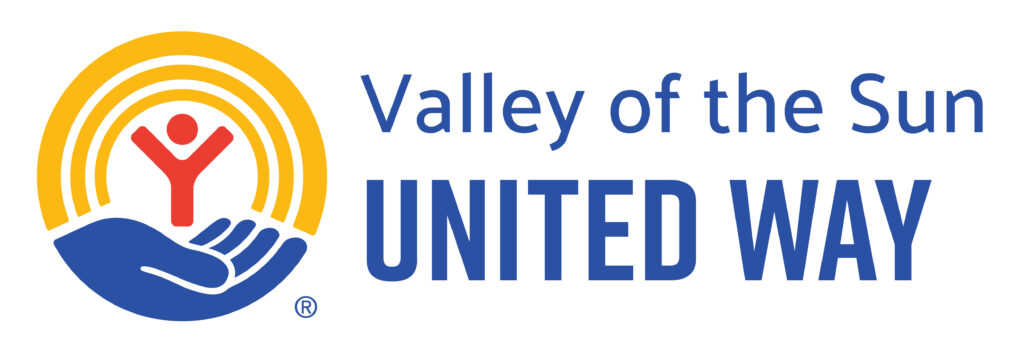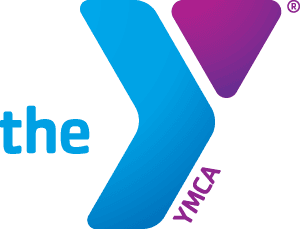PHOENIX, Ariz. (STN) – “It’s not quick. It’s not easy.”
That’s the blunt assessment from Keys to Change (formerly the Human Services Campus) CEO Amy Schwabenlender about the process of applying for Social Security or Social Security Disability Income.
The time and effort it takes to apply for, get approved, and eventually receive supplemental income is acutely exacerbated when the applicants who are disabled are also homeless.
“If you’ve lost your housing, you’ve lost a lot of your paperwork,” Schwabenlender said. “You have to provide medical documentation to have that disability be documented. If people do it on their own, it can take a long time.”
As part of the variety of specialized services available at Key Campus, advocates with the SOAR Program are available to help navigate the difficult and time-consuming process of applying for Social Security.
“When I meet with clients, I like to tell them that we are advocating for them,” said SOAR Supervisor Rachelle Selestewa. “We have to always understand that we are working with them and hopefully help them gain the confidence to think this is a very plausible thing that can happen.”
Hear from the advocates at the SOAR Program:
As part of Community Bridges, Inc., located within the Lodestar Day Resource Center on Key Campus, the SOAR Program provides assistance and advocacy for people suffering from homelessness in navigating the maze of Social Security application paperwork. Combined with the other resources Key Campus offers, like identification paperwork, physical addresses, and medical services, SOAR works.
According to Schwabenlender, the probability of a SOAR-assisted application being approved the first time increases dramatically.
“It can [still] take six to 12 months; that’s faster than someone submitting the application on their own,” she said.
While there are success stories, and people receiving benefits that otherwise may have been denied, not everyone qualifies for assistance through the SOAR program and even with help, there are still applications that don’t get accepted.
But, SOAR Program Manager Bryan McGruder said they don’t just abandon people in those cases.
“We don’t just say, ‘we can’t help you, see you later,’” McGruder explained. “We defer them to the actual Social Security Administration. They can go down there and plead their case to them. It works to give people an advantage, [and] give people support.”
McGruder said that, like most nonprofit-based advocacy programs, community support is key to keeping the SOAR Program operational and helping it grow.
“What we are looking for are people in the community to see that SOAR works and become partners with us in some way so that we can better affect the community with those that are experiencing homelessness throughout,” he concluded.


